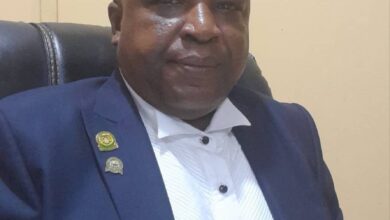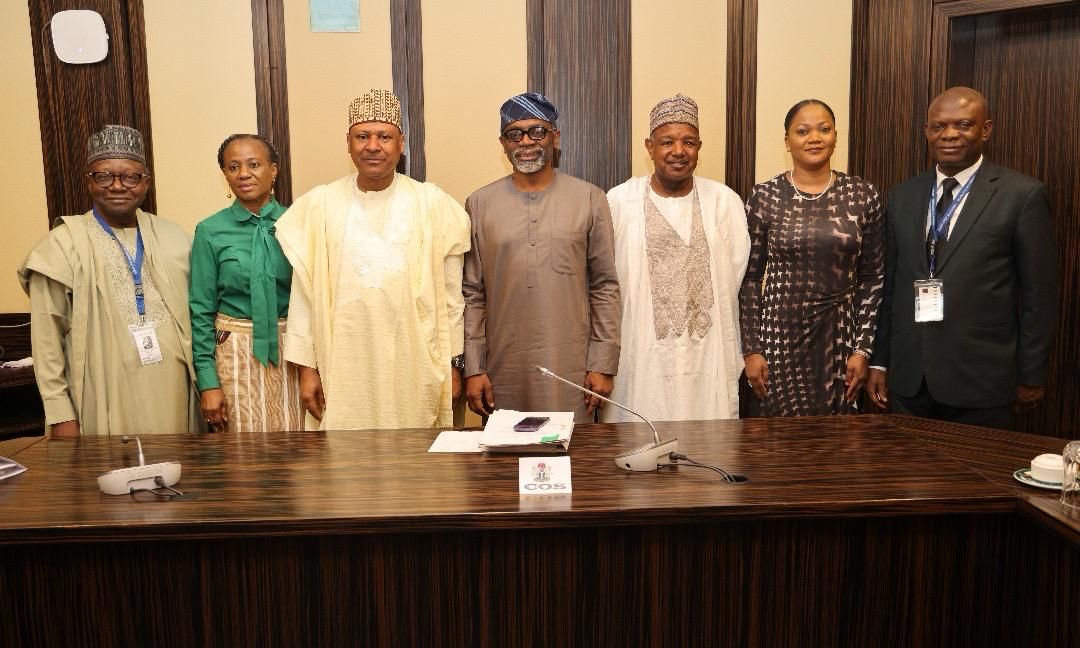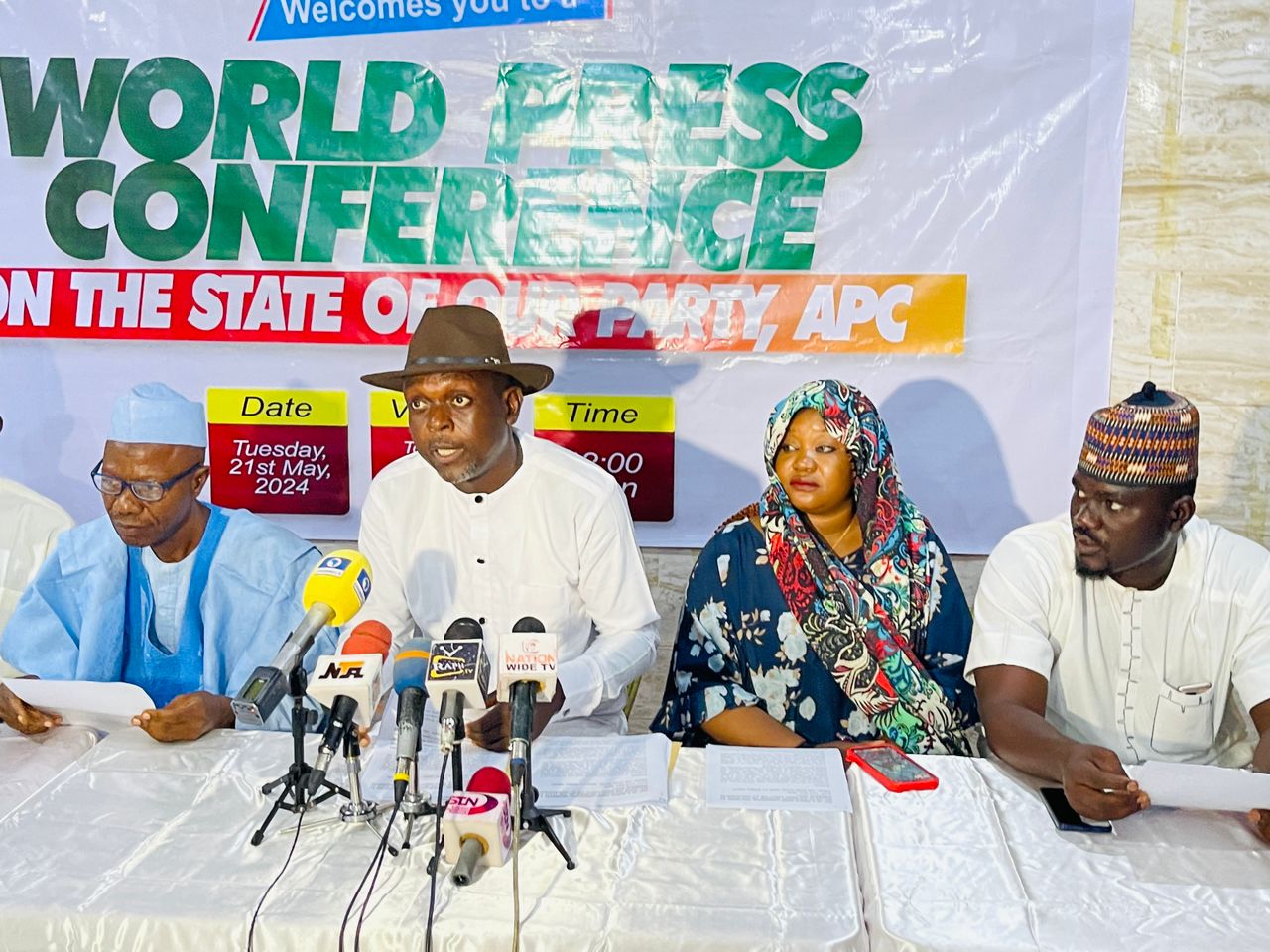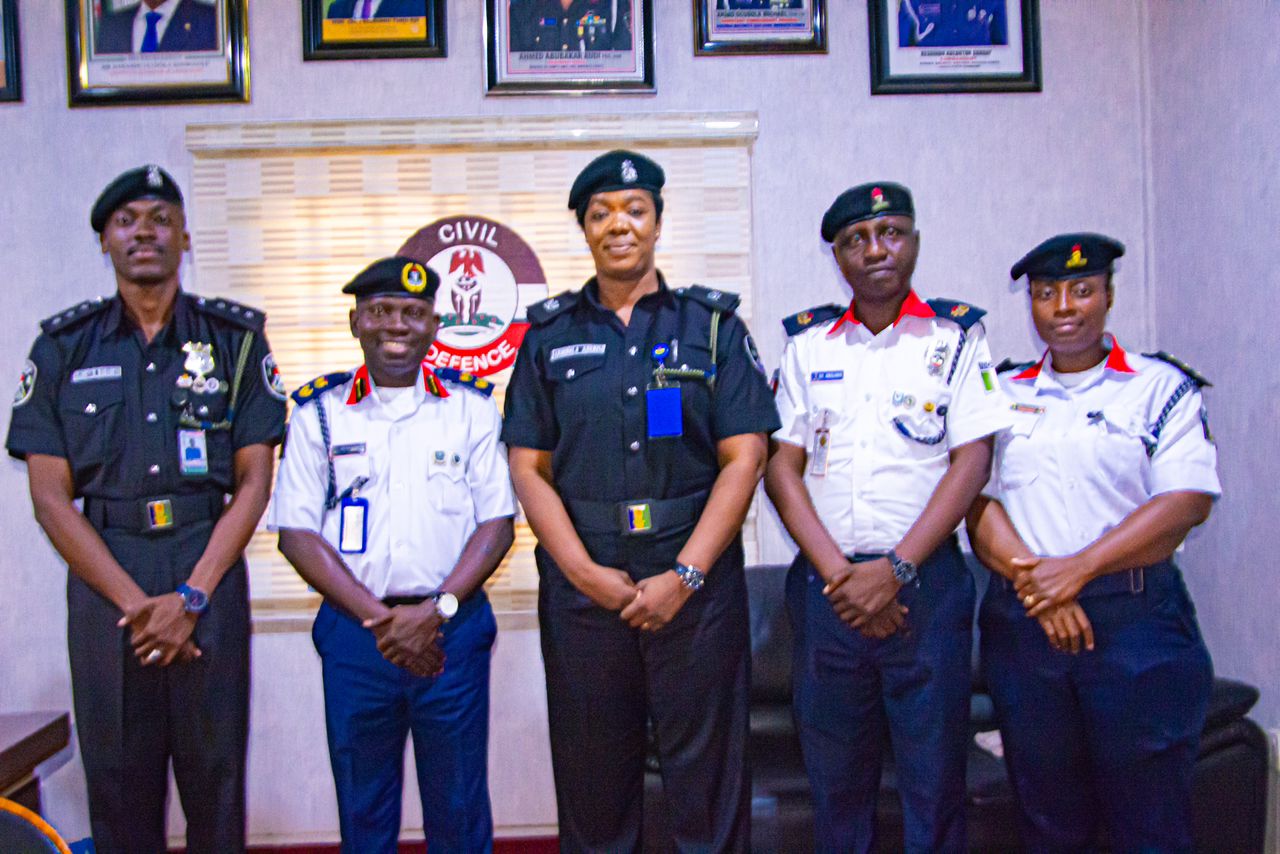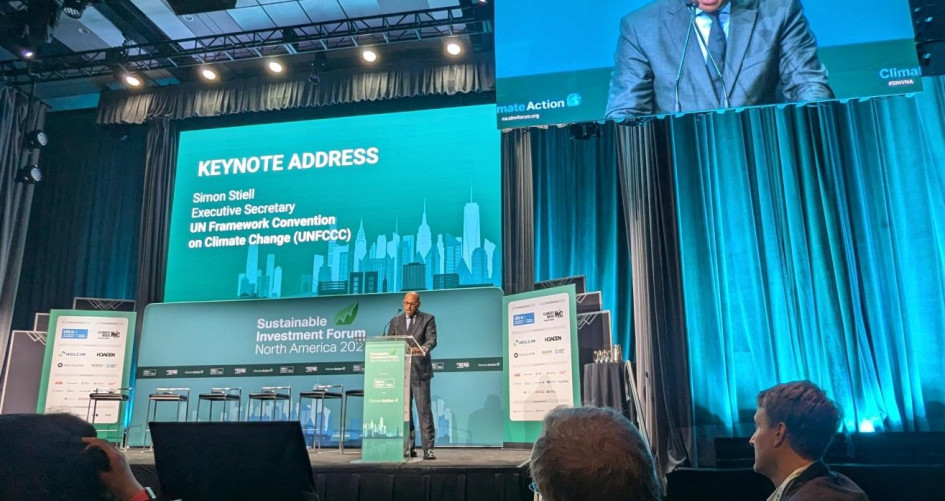CJID Raises Alarm Over Surveillance, Shrinking Civic Space on Nigerian Journalists
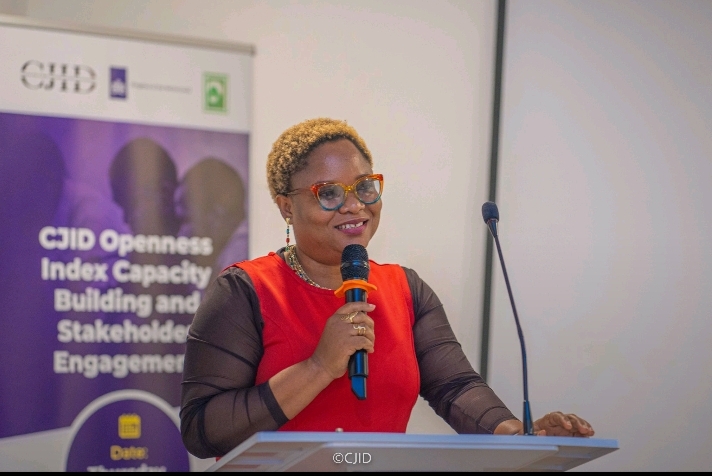
By Fatima Saka
The Centre for Journalism Innovation and Development (CJID) has warned that despite constitutional guarantees under Sections 22 and 39, which affirm the media’s accountability role and press freedom, journalists in Nigeria continue to face hostility, surveillance, and economic hardship compounded by dwindling media funding.
CJID Deputy Director, Busola Ajibola, raised the concern during a training session on Converting Research Findings to Action to Protect Press Freedom and Strengthen Civil Space at the Openness Index Capacity Building and Stakeholders’ Engagement held Thursday in Abuja.
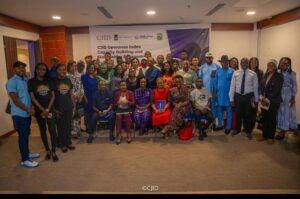
Mrs. Ajibola explained that press freedom and civic participation remain under serious threat in many states, stressing that the CJID Openness Index, Nigeria’s first systematic measure of openness across all 36 states and the FCT, was designed to spotlight these realities.
According to the 2024 Index, Cross River emerged as the most open state for freedom of expression, civic engagement, and safety of journalists. Katsina and Ekiti also ranked among the top performers. By contrast, Lagos, Ebonyi, Imo, Bauchi, and Nasarawa were flagged among the least open, with Lagos, despite its status as Nigeria’s commercial and media hub, recording incidents of harassment, detention, and killings of journalists.
Earlier, giving opening remarks on behalf of CJID Chief Executive Officer, Dapo Olorunyomi, Ajibola noted that democratic health is not only measured by institutions but also by citizens’ ability to “speak, organise, and dissent without fear.”
He added that the Index draws from over 1,100 respondents and verified incident tracking, combining citizens’ lived experiences with data to provide a comparative picture of where civic openness thrives and where it is under threat.
Olorunyomi stressed that openness is neither guaranteed nor permanent, warning that rights can quickly erode without deliberate action.
He further urged policymakers, journalists, civil society groups, and citizens to use the Index as a benchmark for accountability and reform.
Highlighting the ‘Pseudo-Democracy’ in the media space, Media professionals, civil society actors, and representatives of the Nigeria Union of Journalists (NUJ) raised deep concerns over the shrinking civic and media space in Nigeria, describing the country’s democracy as “pseudo-democracy” undermined by weapons institutions and repressive laws.
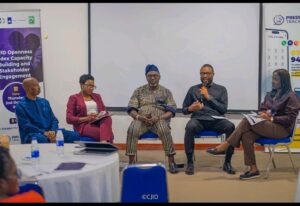
This were highlighted during the Panel Session on “Beyond the CJID Openness Index: How Media and CSOs Can Co-Create Resilience for Press Freedom and Civil Space”, moderated by Christian Longe, Project Manager, Media Freedom at the Centre for Journalism Innovation and Development (CJID).
Panelists stressed that while the 1999 Constitution guarantees freedom of expression in Section 39, state institutions continue to compromise that right.
According to the discussants, laws such as the Cybercrime Act, criminal defamation, and anti-terrorism provisions are frequently deployed to intimidate citizens, journalists, and human rights defenders, rather than combat genuine threats like kidnapping and banditry.
READ ALSO: NEMA DG urges states to build resilience in emergence management
The stakeholders further urged NUJ to partner with CJID to document restrictions in states. Beyond rhetoric, there must be collective action when journalists are attacked. If we all, online, print, broadcast, stay on a case until it is resolved, governments will no longer act with impunity.”
However, The capacity building for journalists and the stakeholders engagement described the Index as a critical tool to strengthen civic space, protect press freedom, and safeguard democratic participation across Nigeria

